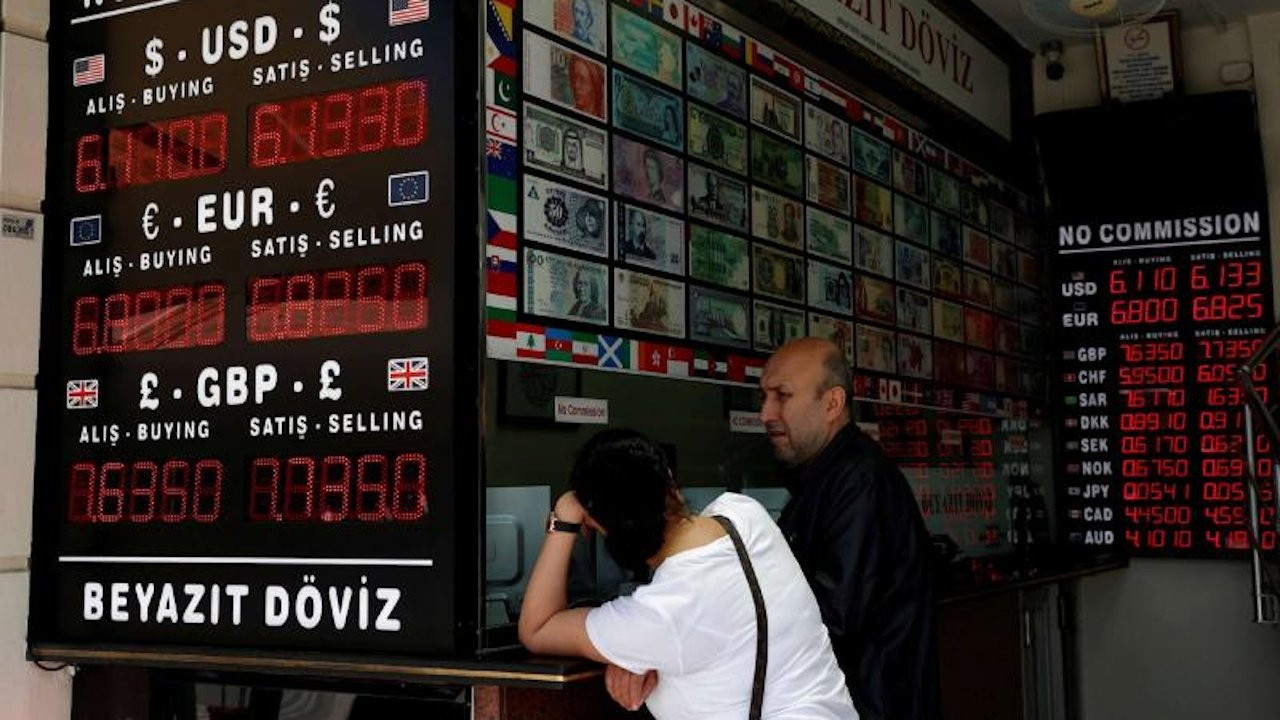İYİ Party to submit bill to stop frequent change of Central Bank heads
İYİ Party announced on March 22 that it will submit a bill to parliament that mandates Central Bank governors hold office for a period of five years. The announcement comes as Şahap Kavcıoğlu has become the fourth bank head appointed since July 2019.
Duvar English
İsmail Tatlıoğlu, the head of Good (İYİ) Party's parliamentary group, has said that the party will submit a legislative proposal that seeks to prevent the replacement of Central Bank governor before five years.
Tatlıoğlu's comments came as President Recep Tayyip Erdoğan last week unexpectedly fired Naci Ağbal, the Central Bank governor who had repeatedly raised interest rates since his appointment in November. Ağbal was replaced by Şahap Kavcıoğlu, a banking professor and columnist in pro-government Yeni Şafak newspaper.
“Erdoğan's decision has led to a suicide effect in the Turkish economy. The cost that came out, as a result, is written to our people's account. Erdoğan must share with the public what stands behind this decision,” Tatlıoğlu said on March 22 during a press conference in parliament.
“As the İYİ Party, we will tomorrow submit a one-item bill to parliament. This bill will indicate that Central Bank governors are appointed for five years and within this five-year-period, they cannot in any way be dismissed from their duty,” Tatlıoğlu said.
Kavcıoğlu sought to ease concerns about a sharp selloff in Turkish assets and a pivot from tight to loose policy, telling bank CEOs on March 21 he planned no immediate policy change.
The weekend overhaul could soon reverse the hawkish steps taken by predecessor Ağbal, analysts said, and nudge Turkey toward a balance of payments crisis given its depleted buffer of FX reserves.
Meanwhile, the Turkish lira plunged to a near-record low and dollar bonds sold off on March 22, with the risk-off sentiment also hitting other emerging market currencies. The lira tumbled as much as 15% to 8.4850 versus the dollar - near November's record low of 8.58.

 Turkish lira plunges to near record lows after Erdoğan sacks hawkish cenbank chiefEconomy
Turkish lira plunges to near record lows after Erdoğan sacks hawkish cenbank chiefEconomy Erdoğan surprisingly ousts Central Bank governor after unexpected rate hikeEconomy
Erdoğan surprisingly ousts Central Bank governor after unexpected rate hikeEconomy